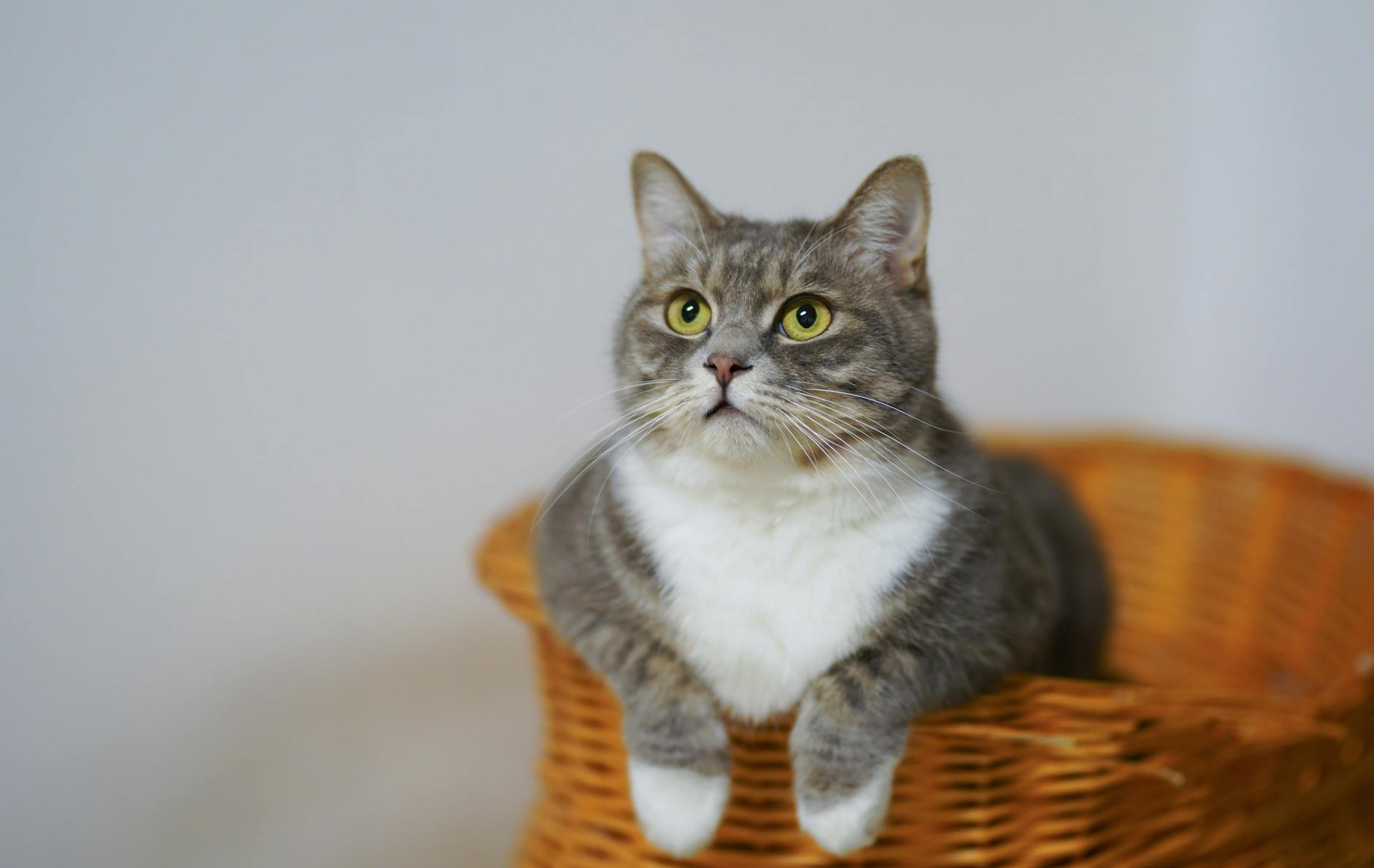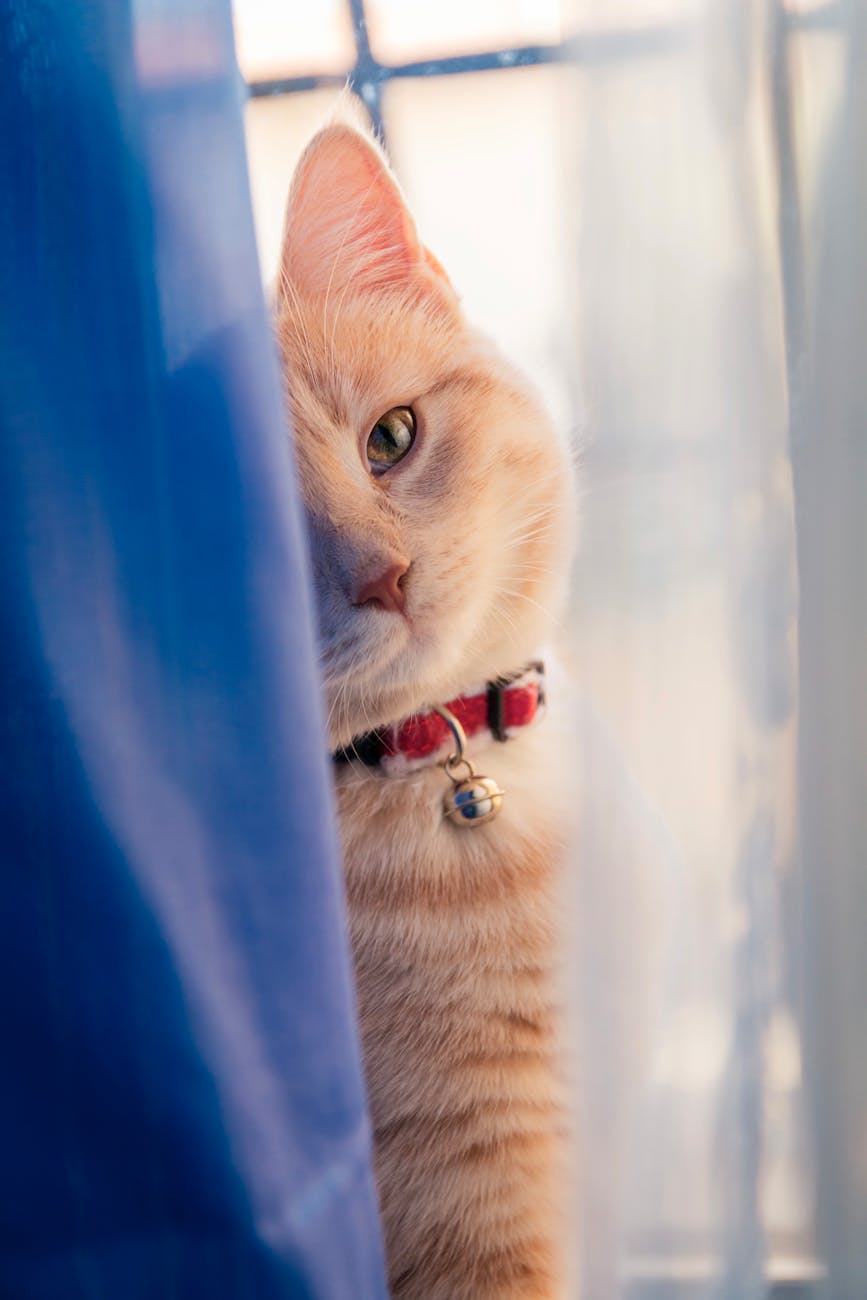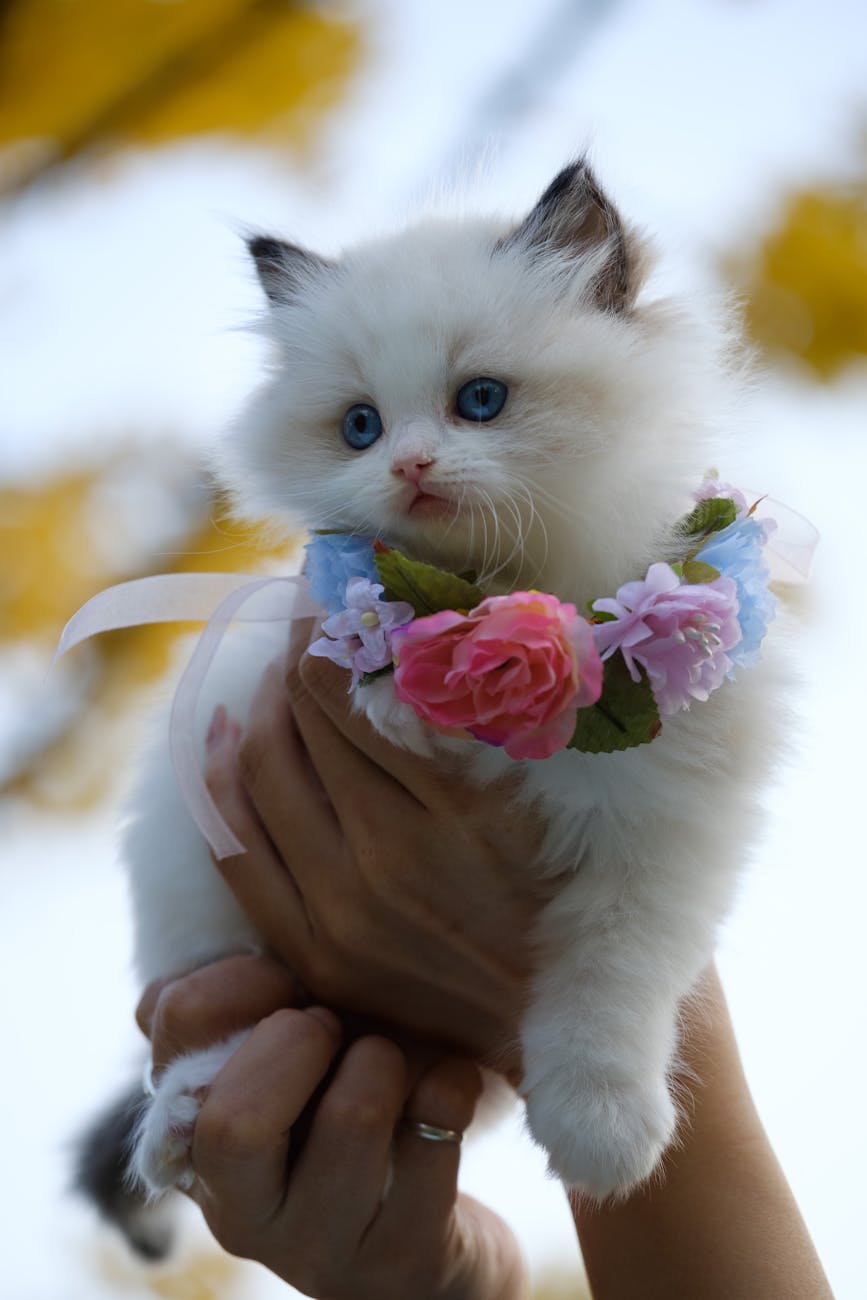Many cat owners wonder, "can cats eat shrimp," as they explore safe and nutritious food options for their feline friends. Seafood can offer various health benefits due to its rich protein content and essential fatty acids. However, it is crucial to understand the dietary requirements of cats and the potential risks associated with introducing new foods. In this article, we will delve into the safety of shrimp in your cat’s diet and explore alternative seafood choices, ensuring your pet enjoys a healthy and balanced meal plan.
Understanding the Nutritional Needs of Cats
Cats are obligate carnivores, meaning their diet primarily consists of meat. Thus, understanding their nutritional needs is crucial for their health. The answer to the question, "can cats eat shrimp" begins with recognizing the essential nutrients they require:
- Protein: Cats need a high-protein diet for energy and muscle maintenance. Sources include meat, fish, and poultry.
- Taurine: This essential amino acid supports heart health and vision. Cats cannot produce enough taurine on their own, so it’s vital to include it in their diet.
- Fats: Healthy fats are essential for energy and nutrient absorption. Omega-3 and Omega-6 fatty acids enhance skin and coat health.
- Vitamins and Minerals: Cats need a variety of vitamins (like A and B) and minerals (like calcium and phosphorus) to support overall health.
While shrimp can contribute protein and certain nutrients, moderation is key. Therefore, when considering if cats can eat shrimp, it’s important to balance it with other food sources to meet their complete nutritional profile.

The Benefits of Seafood in a Cat’s Diet
Incorporating seafood into your cat’s diet can offer numerous benefits, given that cats are obligate carnivores. Here’s why you might consider adding seafood, like shrimp, to their meals:
- High Protein Content: Seafood provides a significant source of protein essential for muscle development and energy.
- Omega-3 Fatty Acids: Fatty fish, in particular, are rich in omega-3s, promoting healthy skin and a shiny coat.
- Low in Calories: Seafood options like shrimp tend to be lower in calories, making it a great choice for cats maintaining a healthy weight.
- Variety: Incorporating seafood introduces different textures and flavors, keeping mealtime interesting and enjoyable for your feline friend.
However, with the question "can cats eat shrimp," it’s crucial to remember that moderation is key. Only introduce shrimp as an occasional treat, ensuring it complements a balanced diet. This way, you can enjoy the benefits of seafood while monitoring any potential reactions your cat may have.
Is Shrimp Safe for Cats to Eat?
When it comes to feeding your feline friend, many pet owners wonder, can cats eat shrimp? The good news is that shrimp can be a safe and tasty treat for your cat, provided you follow some guidelines.
Considerations for Feeding Shrimp to Cats:
- Moderation is Key: Treat shrimp as an occasional snack, not a main meal. A few pieces can add variety to their diet.
- Cooked Only: Always serve shrimp cooked. Raw shrimp may harbor harmful bacteria that can jeopardize your cat’s health.
- Plain Preparation: Avoid added seasonings, butter, or sauces. These can be harmful to your cat. Instead, offer plain, boiled, or steamed shrimp.
- Watch for Allergies: Some cats may have seafood allergies. Introduce shrimp gradually and monitor for any adverse reactions.
In conclusion, while can cats eat shrimp, ensure it’s a healthy addition to your pet’s diet. If you introduce shrimp carefully and mindfully, it can be a delightful treat for your furry companion!
Potential Risks of Feeding Shrimp to Cats
While many cats enjoy seafood, it’s crucial to consider the potential risks of feeding shrimp to cats. Here are some key points to keep in mind:
Choking Hazard: Shrimp can be small and slippery, which may pose a choking risk, especially for cats that tend to eat quickly. Always cut shrimp into small, manageable pieces.
Allergic Reactions: Some cats may develop allergies to shrimp. Watch for symptoms such as vomiting, diarrhea, or skin irritation after consumption; these may indicate an allergy.
High Sodium Content: Many shrimp products can contain excess salt. High sodium levels can lead to dehydration and kidney issues in cats.
Contaminants: Shrimp can harbor harmful toxins or bacteria. Ensuring shrimp is fresh and properly cooked can minimize this risk.
Given these factors, it’s important to ask yourself, can cats eat shrimp safely? If you decide to treat your furry friend, do so in moderation and observe their reactions closely. Always consult your veterinarian before introducing new foods.

How to Prepare Shrimp for Your Cat
When considering can cats eat shrimp, preparation is key to ensuring it’s safe and enjoyable for your furry friend. Follow these essential steps:
Choose fresh or frozen shrimp: Always select high-quality shrimp without additives or preservatives. Avoid breaded or seasoned options.
Thaw properly: If using frozen shrimp, thaw it in the refrigerator rather than at room temperature to prevent bacterial growth.
Cook thoroughly: Steam or boil the shrimp without any seasoning. Cooking helps eliminate potential bacteria and parasites.
Remove the shell and tail: Ensure the shrimp is completely shell-free; the hard shell can be a choking hazard.
Cut into small pieces: To prevent choking, create bite-sized pieces suited for your cat’s size.
Serve sparingly: Incorporate shrimp as an occasional treat, not a staple. Offering too much can disrupt their diet.
Following these steps guarantees your cat can enjoy shrimp safely. Always monitor for any adverse reactions, especially when introducing new foods. Remember, moderation is key when determining can cats eat shrimp!
Alternative Seafood Options for Cats
If you’re considering seafood options beyond shrimp, there are several other choices that can provide nutritional benefits without the potential risks. Here are some delicious alternatives for your feline friend:
- Salmon: Rich in omega-3 fatty acids, salmon promotes healthy skin and coat. Ensure it is cooked thoroughly and served without bones.
- Tuna: Most cats love tuna! However, it should be offered in moderation due to potential mercury content. Opt for canned tuna in water, not oil.
- Sardines: These small fish are packed with nutrients. Lightly canned sardines in water can make a great treat for cats.
- Whitefish: Varieties like cod or haddock provide protein and essential nutrients without excessive fat.
When exploring the question, "can cats eat shrimp," remember these seafood options can also be a part of a balanced diet. Always introduce new foods gradually to monitor for any adverse reactions. Additionally, consult your veterinarian if you have concerns about your cat’s dietary needs.
Signs of Seafood Allergies in Cats
Recognizing seafood allergies is crucial for ensuring your cat’s health. Although many cats enjoy seafood, including shrimp, some can develop allergies. Here are common signs to watch out for:
- Skin Irritation: Redness, itching, or flaky skin can indicate an allergic reaction.
- Gastrointestinal Issues: Vomiting or diarrhea shortly after consumption suggests sensitivity.
- Respiratory Problems: Coughing, sneezing, or difficulty breathing may arise in severe cases.
- Swelling: Noticeable swelling around the face, ears, or paws could signal an allergy.
If you suspect your cat has an allergy, particularly after trying shrimp or other seafood, it’s essential to consult your veterinarian promptly. They can help determine whether the symptoms stem from "can cats eat shrimp" or other dietary factors.
In summary, always monitor your pet’s reaction when introducing new foods. Should you notice any unusual behavior or physical signs, it’s better to err on the side of caution and seek professional advice.

Consulting Your Veterinarian About Dietary Changes
When considering whether can cats eat shrimp, it’s crucial to consult your veterinarian to ensure your furry friend remains healthy. A vet can provide personalized advice based on your cat’s unique dietary needs and any pre-existing health conditions.
Key Reasons to Consult Your Vet:
- Health Assessment: Vets can evaluate any allergies or digestive issues that might arise from introducing new foods, like shrimp.
- Balanced Diet: They help create a balanced meal plan incorporating appropriate seafood options while ensuring your cat receives essential nutrients.
- Portion Control: Your veterinarian can guide you on the right portion sizes to avoid overfeeding and maintain a healthy weight.
- Monitoring Reactions: If you decide to include shrimp in your cat’s diet, a vet can suggest monitoring protocols for any adverse reactions.
In summary, always involve your veterinarian when making dietary changes, especially regarding unfamiliar foods. In doing so, you can safely explore whether can cats eat shrimp while keeping your pet’s health at the forefront.
Frequently Asked Questions
Is shrimp safe for cats to eat?
Shrimp can be a safe seafood choice for your cat when prepared correctly. It is high in protein and contains essential nutrients, making it a tempting treat. However, it is crucial to serve shrimp in moderation and ensure it is cooked thoroughly without any added seasoning, garlic, or onion, which are toxic to cats. Always introduce new foods gradually to monitor for any adverse reactions.
How should I prepare shrimp for my cat?
To prepare shrimp for your cat, start by boiling or steaming the shrimp without any seasoning or oils. Avoid frying or using any sauces, as these can harm your cat’s health. Once cooked, remove the shell and tail to prevent choking hazards, and cut the shrimp into small, manageable pieces. Serve a small portion as an occasional treat while ensuring it does not replace a balanced diet.
Can cats be allergic to shrimp?
Yes, some cats can be allergic to shrimp just like humans. Symptoms of an allergic reaction may include vomiting, diarrhea, or skin irritations. If you suspect your cat has a food allergy, it’s essential to stop feeding shrimp and consult your veterinarian. They may recommend an elimination diet to identify the allergen or perform tests to diagnose allergies accurately.
What other seafood can I feed my cat?
Besides shrimp, there are other seafood options safe for your cat, such as cooked salmon, tuna, and sardines. These fish provide valuable omega-3 fatty acids, which promote a healthy coat and skin. However, always ensure that these are served in moderation, cooked plainly, and free of bones to prevent choking or injury. Consulting your veterinarian before introducing any new food is recommended.



